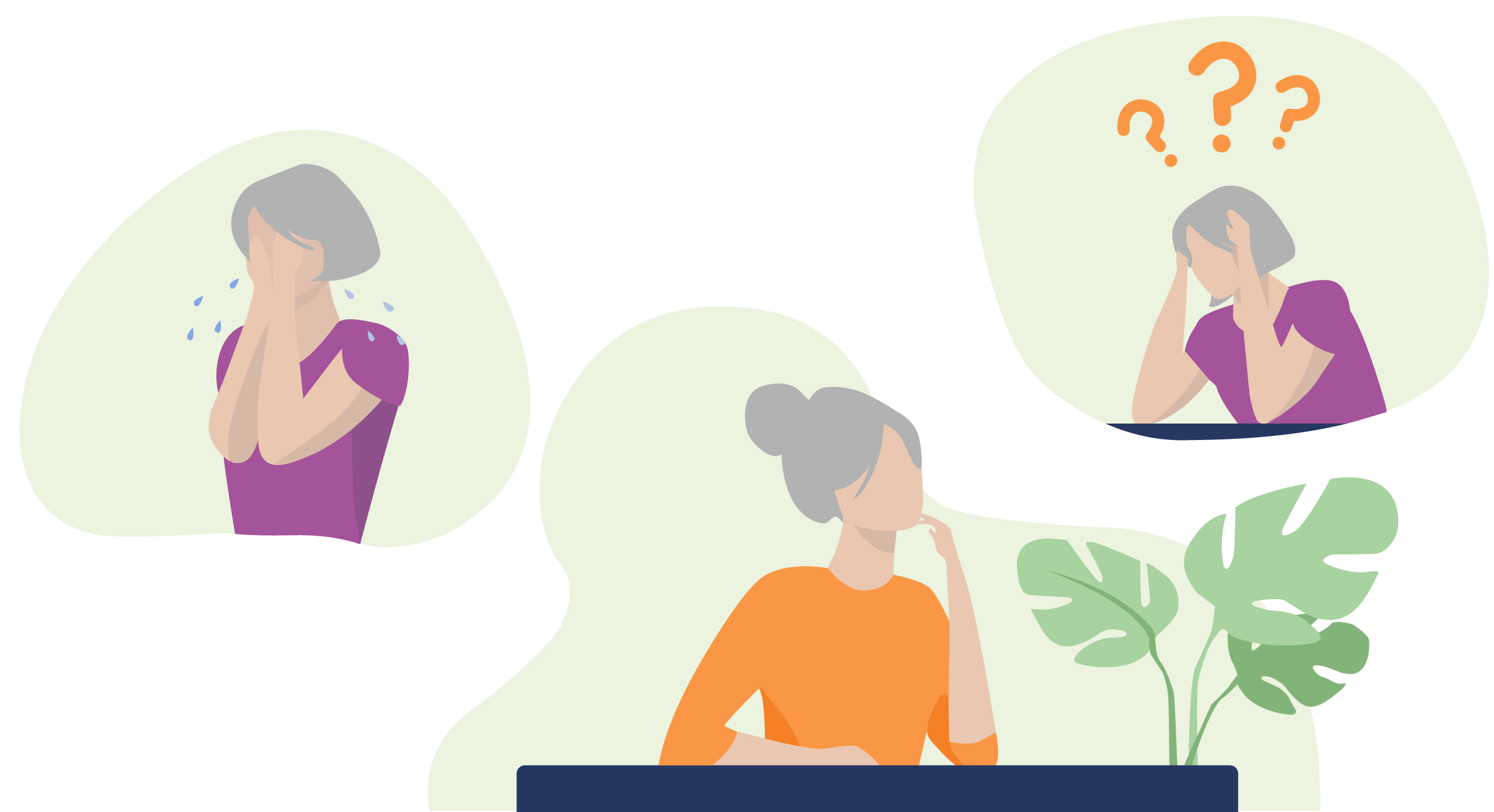How to face Covid-19
First and foremost, let’s be kind to ourselves.
Even now, a few years on, the coronavirus pandemic remains unlike anything we’ve experienced before. It is normal still to have lots of different emotions — stress, anxiety, anger and sadness, to name just a few.
One of the most difficult things is when we feel uncertain. Human beings hate uncertainty and want guaranteed answers. When we don’t feel we have them, our anxiety tends to increase.
Anxiety brings with it lots of different physical feelings. This can include chest pain, an upset tummy, sweatiness, tiredness and shortness of breath. When we’re feeling anything like this, we might very understandably think: ‘What if I’m getting ill?’ If we can learn new skills to stay on top of anxiety as it shows up, that can be a big help.
Frustration, confusion and exhaustion are very understandable too. We might notice that our mood is lower than we’d like. Our minds might bombard us with questions: what might go wrong next? Why don’t other people see things the way we do?

What we can all do (and what we can’t)
How we can help our mental health when times are tough

Useful sources of help and advice about Covid-19
- The NHS Scotland website, NHS Inform, is full of useful information. It has a dedicated Covid-19 section with advice about signs and symptoms, how best to look after yourself and others, and lots more.
- If you are looking for information about Long Covid, NHS Lanarkshire’s Long Covid Rehabilitation page is a very good place to begin.
- NHS Inform also has lots of information about Long Covid, including what it is and how to manage symptoms. Click here to visit the NHS Inform Long Covid pages.
- In any situation, how we breathe makes a huge difference to how we feel. Here’s a short, simple technique you can try.
- The Scottish Government has reliable information at its Coronavirus in Scotland website.
- Russ Harris, a leading therapist, wrote an excellent booklet called Face COVID – a set of compassionate coping strategies that we can all use to help make room for difficult thoughts and feelings. There’s also a short video summing these up: see above. While Face COVID was written early in the pandemic, the core ideas remain every bit as useful as they’ve ever been.






